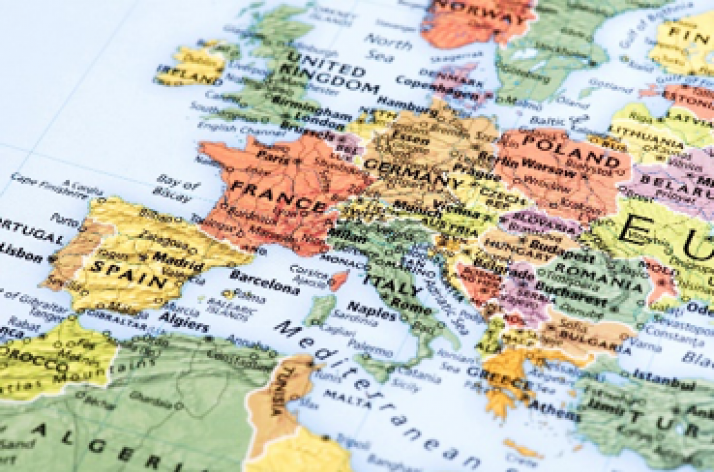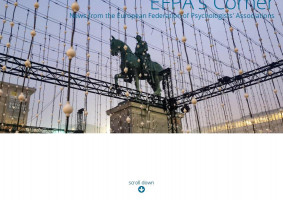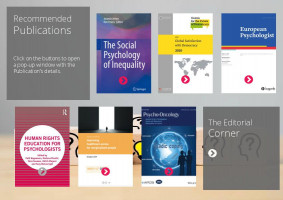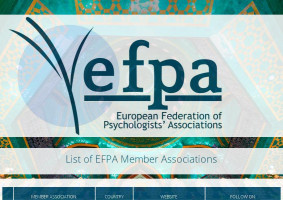Guidelines and possible actions for psychologists in Europe related to the Coronavirus
The Coronavirus or Covid-19 is now a major public health issue across Europe.
EFPA, as the European umbrella organisation for psychologists, would like to share with you some guidelines and possible actions for psychologists in its member associations.
Read about:
Provision of first line psychological support
Provision of online consultation
Psychological impact of quarantine - How to cope with quarantine/isolation
and more on the continusly updated COVID-19 section of the EFPA website.
The information you will find on the website is the result of teamwork from colleagues from the EFPA groups Crisis and Disaster Psychology, eHealth, Psychology and Health, GeroPsychology and the Executive Council.
_w508_h340_1.jpg)
Brussels, January 29, 2020:
To the President David Murphy and Chief Executive Officer Sarb Bajwa of the British Psychological Society BPS
Re: After Brexit
Dear colleagues,
Already after the vote in the UK on UK membership in the European Union, EFPA and BPS reaffirmed their strong bond as European psychologists. Even though many psychologists face multiple problems in research and practice, the decision as the result of a democratic process must be respected.
Today we write again as the agreement on Britain's withdrawal from the EU has now been signed by both the Presidents of the European Council and the Commission and the British Prime Minister, bringing the date of 31 January, when Britain leaves the EU, closer.
EFPA and the British Psychological Society (BPS) have had a close relationship since EFPA was founded in 1981. British psychologists in particular have contributed greatly to the development of our EuroPsy standard. As you know, EFPA is an association for psychologists throughout Europe. Not only for those in EU countries. Therefore, from this point of view, nothing will change in the relationship between EFPA and BPS after 31 January.
We know that while there is obviously democratic support for Brexit in the UK, many psychologists are concerned about the possible impact on their future working conditions, given the global nature of our discipline and profession. This is particularly true for those who work in academic institutions and who work across borders with colleagues in other countries in research and teaching.
To ensure that this continues to be possible, we are prepared to assist with representations in every way possible in the negotiations on Britain's relations with the EU over the next 11 months and beyond. The close ties and friendship between the British Psychological Society and EFPA are very important to us. We will continue to nurture and strengthen this bond and friendship in the future.
Christoph Steinebach,
President of EFPA
Sabine Steyaert
Director of EFPA
_w714_h474_1.jpg)
_w464_h620_1.jpg)
European Psychologist
Upcoming Special Issues 2020
Some topics to be expected in the special issues that European Psychologist has scheduled for 2020:
“Psychology and Aging: European Perspectives”
Guest editors: Frieder Lang, Germany / Matthias Kliegel, CH / Isabelle Albert, L.
“Towards a Better Understanding and Evidence-Based Intervention Strategies for Early Responses to Trauma”
Guest editor: Birgit Kleim, CH.
“Understanding, predicting and preventing violence”
Guest editor: Carlo Garofalo, NL / Rannveig Sigurvinsdóttir, Iceland.
“Psychology of extremist political identification”
Guest editor: Catarina Kinnvall, Sweden.


















